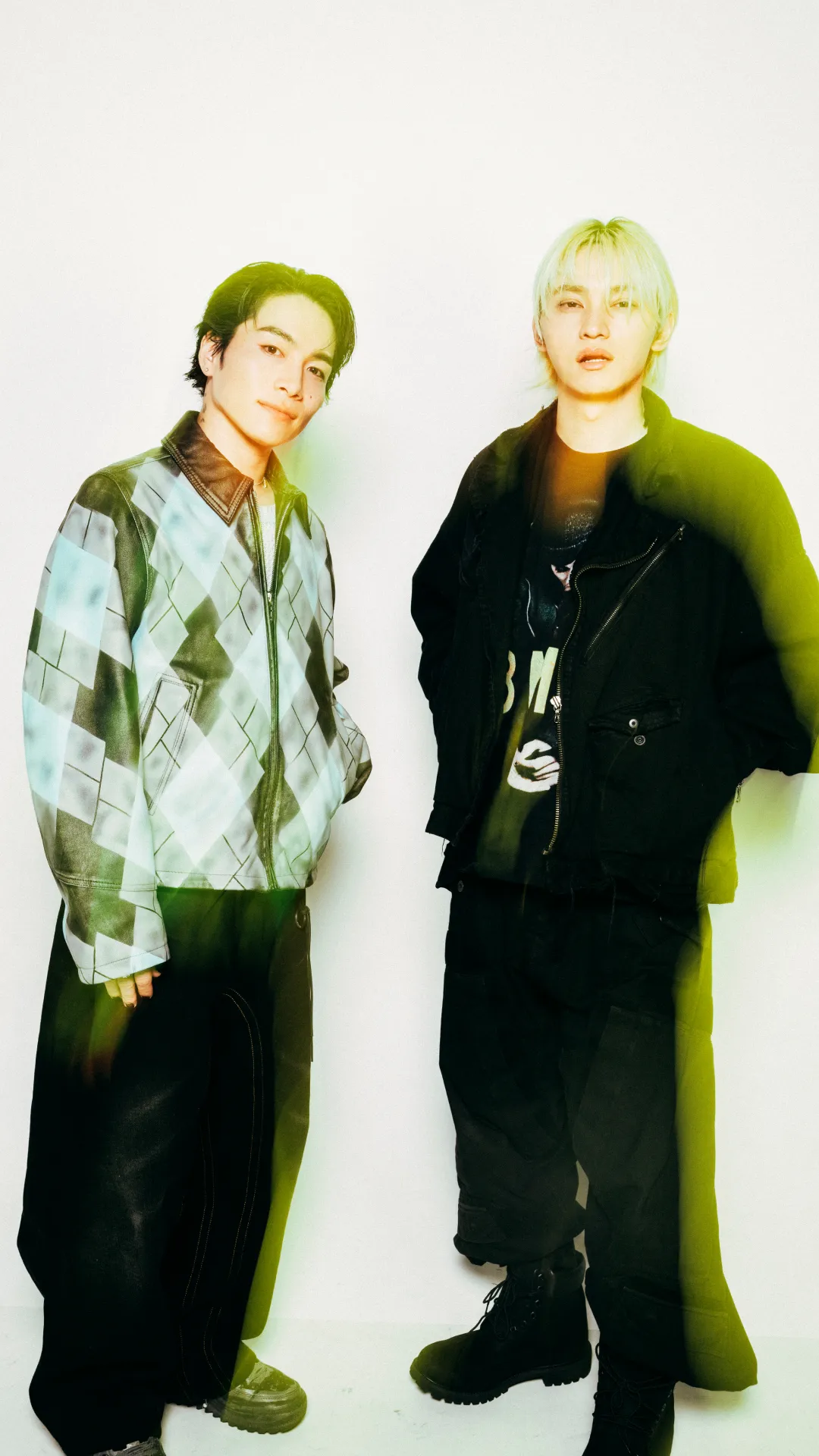Having shaped and redefined their respective music scenes, SIRUP and SKY-HI have been at the forefront of innovation, creating waves that have influenced countless artists. From their early days as emerging talents to now, in their late 30s, they’ve transitioned into influential figures with firmly established positions in the industry. Known for pushing boundaries through their music and social consciousness, both artists have set the stage for the next generation. In this conversation, we dive into their journeys so far, their evolution, and what lies ahead—both as solo artists and collaborators—while exploring the “new path” they envision in the ever-evolving music landscape.
INDEX
SKY-HI Reflects on the Importance of Creating Opportunities for the Next Generation
First, I’d like to hear about the areas where you both feel sympathy and respect for each other.
SKY-HI: For me, I really admire SIRUP’s attitude of wanting to have fun. It’s about how he can say something like “Let’s go vote” in such a fun way.
SIRUP: Yes, “Grooving Night” definitely has that vibe as well.
SKY-HI: People tend to separate serious talks from playful ones to make it easier, but SIRUP doesn’t do that—he blends both in such a great way.
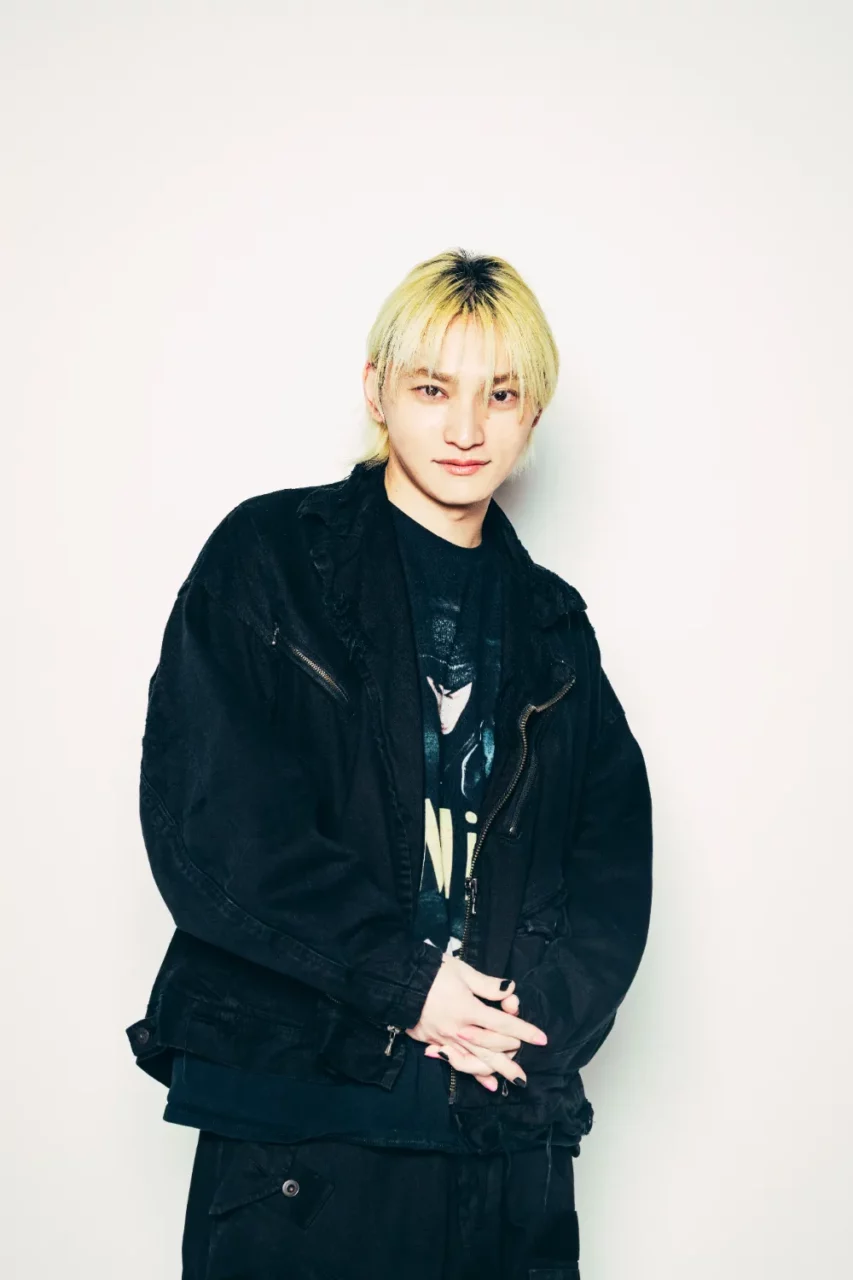
SIRUP: I’m really happy about that. I feel a deep sense of sympathy for SKY-HI’s drive to create change with a social purpose. On top of that, I really respect how he’s made it a success as a business. Personally, I still operate on a more personal level, focusing on “my own journey,” and I tend to move based on emotions. But with SKY-HI, there’s this strong intellectual curiosity, and the way his strategic database of knowledge combines with his emotions to produce words from multiple angles is incredible. I genuinely admire that.
SKY-HI: I appreciate that.
SIRUP: Also, you’ve pretty much experienced every corner of the music scene, haven’t you?
SKY-HI: Yeah, that’s right. I’m like a chimera.
SIRUP: The longer you stay in this industry, the more you end up becoming a chimera, right?
SKY-HI: It’s true. It’s a chimera I both wanted to become and had no choice but to become. My core aspirations haven’t really changed since back in the day, but the environment—like the state of HIP HOP in 2010 or the rock festival scene—has always shifted, so I ended up becoming this creature that can breathe underwater but also fly. I became something much more complex and high-context, far from the easy-to-understand “rock band vocalist” identity.
SIRUP: You’ve completely established your identity as both an idol and a rapper. I really respect that, and I can imagine it must have been incredibly tough. You’ve pushed through despite being labeled or placed into categories. You’ve got a strong heart.
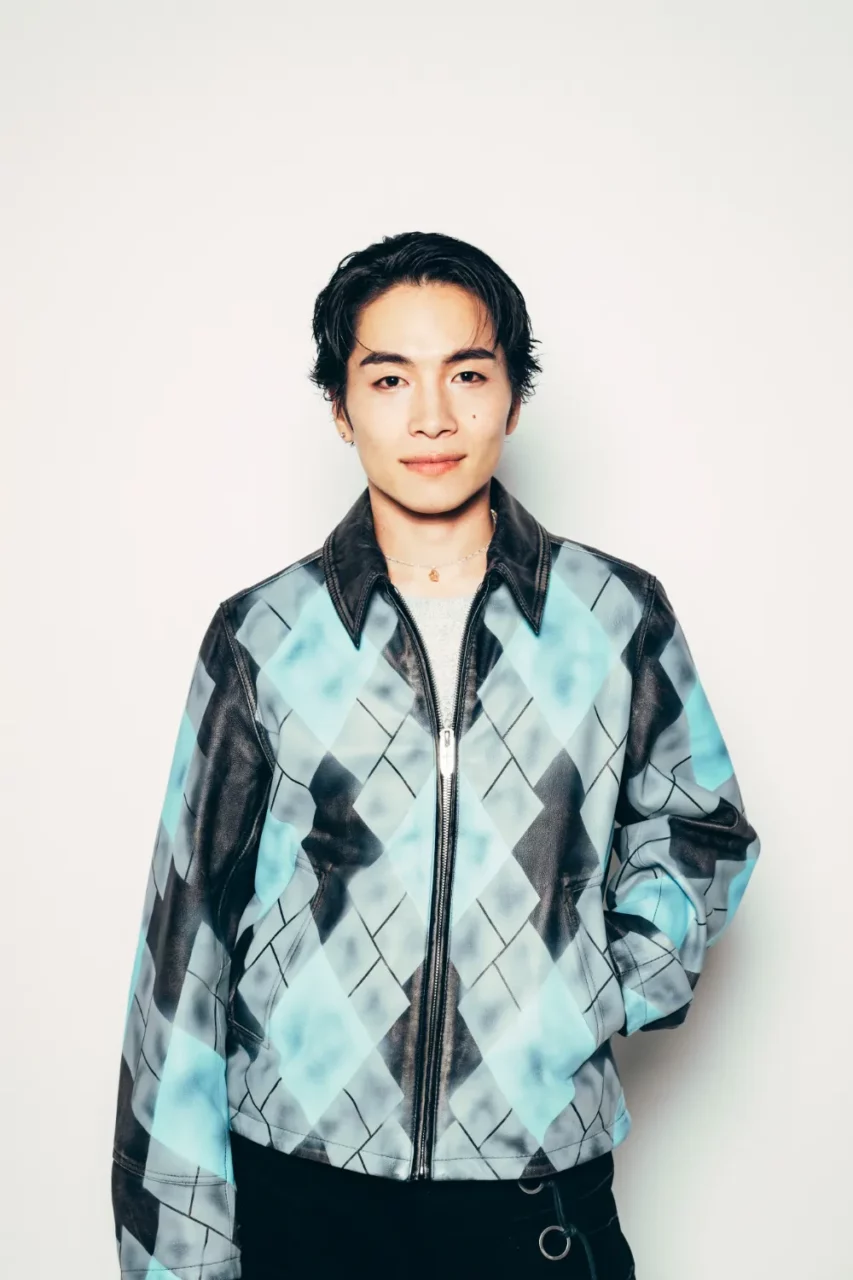
SKY-HI: And also, the recklessness [laughs].
SIRUP: The recklessness and the confidence of “I’m going to make it happen,” you’ve kept that for over 10 years. And not just for yourself, but also with BMSG.
SKY-HI: I think part of why I started the company was because I wanted something to come from the struggles, something like, “This was born from that hardship.” Starting my own company, creating the music I love… that’s the kind of dream you have, right? In my 20s, I never thought it would be on this scale, but when I was preparing for BMSG, I had to decide: Was I going to do it alone? Start a HIP HOP label with unique artists like Novel Core? Or choose a third option? After thinking it through, I concluded that the best thing I could do was create a space where I could save “kids like the future version of myself.”
INDEX
SIRUP: “Still on a journey of self-discovery, affirming each of the 200 versions of myself.”
SIRUP: One more thing I want to ask is, back in our generation, reggae and hip hop were in intense opposition, right? Now both idols and hip hop are at their peak, so how do you see this shift?
SKY-HI: When we were in our late 20s, Korea was exactly like that. Idols and hip hop were both at their peak, and there were many collaborations between rappers with a strong hip hop influence and hip hop artists with idol characteristics, which I found envious. If I were in my early 20s now, I think I’d want to try that, too. But looking back, it’s great to see the Japanese music scene reach this point while I’m still active and holding the mic, not after I’ve retired.
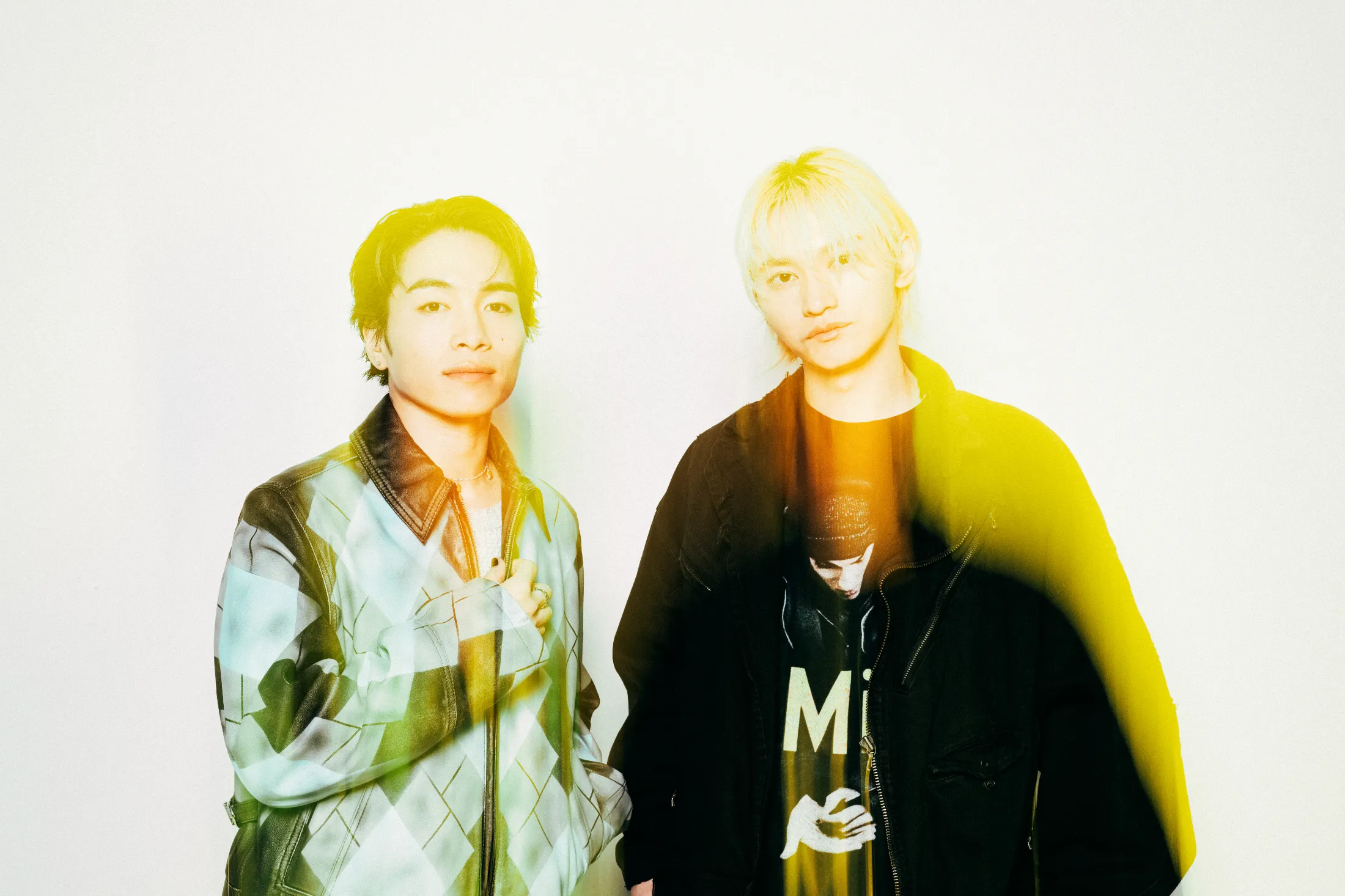
SIRUP: You’re actually carrying that now.
SKY-HI: I do take pride in carrying something, but there are still so many things I want to do. I worked with Chanmina on ‘No No Girls,’ and she’s one of my closest friends, someone I met with five times a week during the pandemic. Spending a lot of time together made me reflect that I still haven’t fully expressed myself as a genre. So, this year, I’m going to release an album for the first time in a while, and I’m determined to do my best.
What do you want to focus on?
SKY-HI: Proof of existence. Within BMSG, I’m the producer and CEO, so the power dynamic tends to lean towards me. I’ve been aware that I need to eliminate my need for validation. Working with BE:FIRST and fulfilling that need in the process helped me go through a phase where I didn’t feel the need for validation for about two years. It’s great as a person to be able to live without that, but at the same time, my desire for expression was starting to fade. Last year, when I spoke with young artists who have a strong need for validation and created things together, I realized, ‘Now’s the time for me to work harder than ever.’ So recently, I’ve been rapping a lot again.
Speaking of the need for validation, there’s an issue when what you want to do for yourself gets mixed with what you want to do for others, and artists end up becoming possessions of producers.
SKY-HI: I wanted to avoid that, but right now, I’m not particularly conscious of it. Simply put, it’s just not a priority among the things I need to do. The reason I’m releasing an album isn’t just because I want to, but because I feel like it’s something I should do. BMSG has many artists aside from BE:FIRST, and if there’s a debut of a new group that I’ve been watching since they were in middle school, I think there’s another level of public persuasion that needs to be built. So, the priorities of BMSG as a corporation and my personal ‘now’ desires are overlapping, and that’s why I’m going full swing. I’m thinking of only releasing it when the ‘should’ and ‘want’ align.
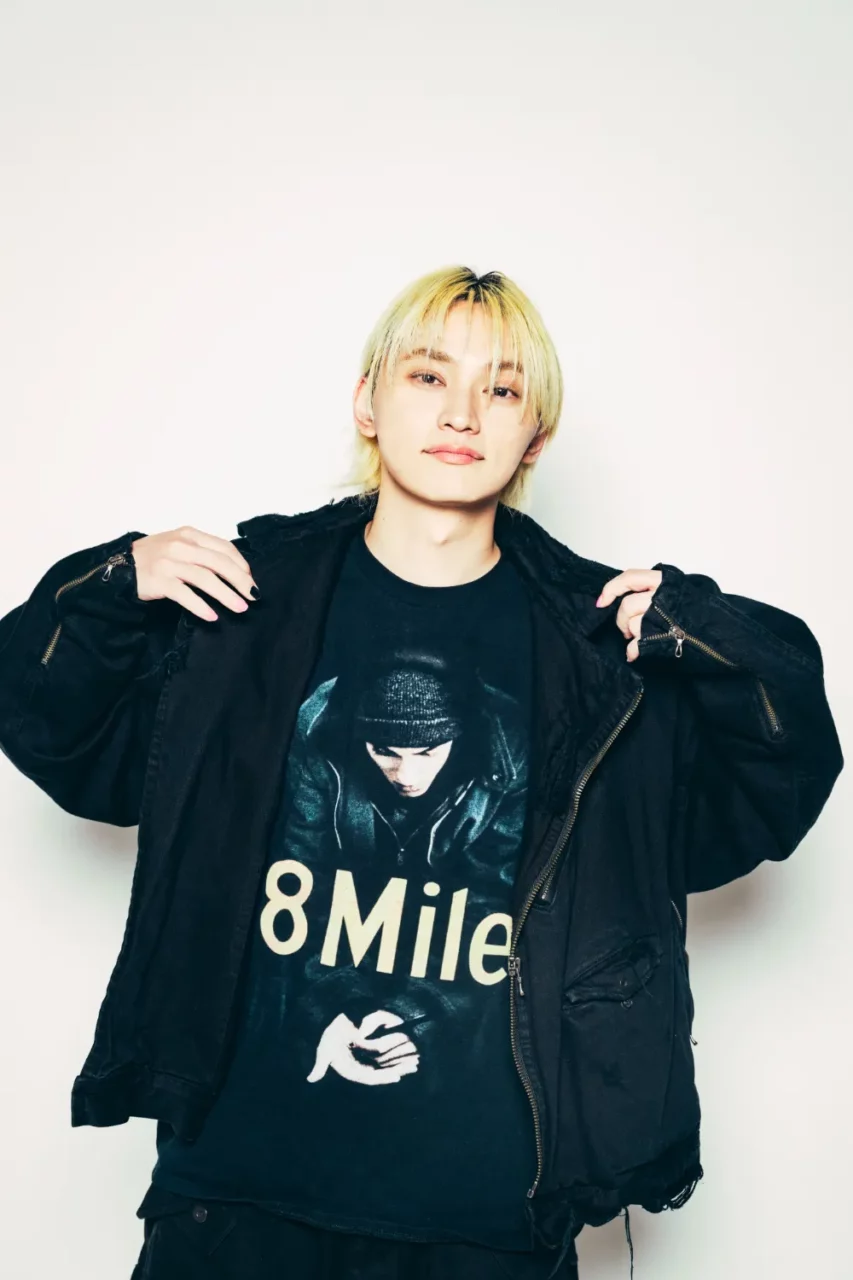
Finding what you want to do, and continuing to have those desires in both aspects, is really difficult. For example, in SIRUP’s case, before chasing numbers, there’s the aspect of creating songs with international artists to learn about new worlds, or engaging in activities related to social issues.
SIRUP: That’s true. And this might be a very personal thing, but I still don’t understand myself. It feels like I’m on a journey to ‘affirm each individual part’ of myself, like I have about 200 versions of me.
SKY-HI: I kind of understand that.
SIRUP: I like the process of facing different people and getting to know myself through them. When you collaborate internationally or cross cultural boundaries, there’s so much to learn and experience. I feel like I’m still spending a lot of time trying to control myself, but I think what allows SKY-HI to do so many things is that you’re really good at that. At the same time, you take care of yourself.
SKY-HI: I think I do. I should be doing it.
SIRUP: So, I think there’s also a part of me that wants to elevate myself even more for the sake of BMSG now.





